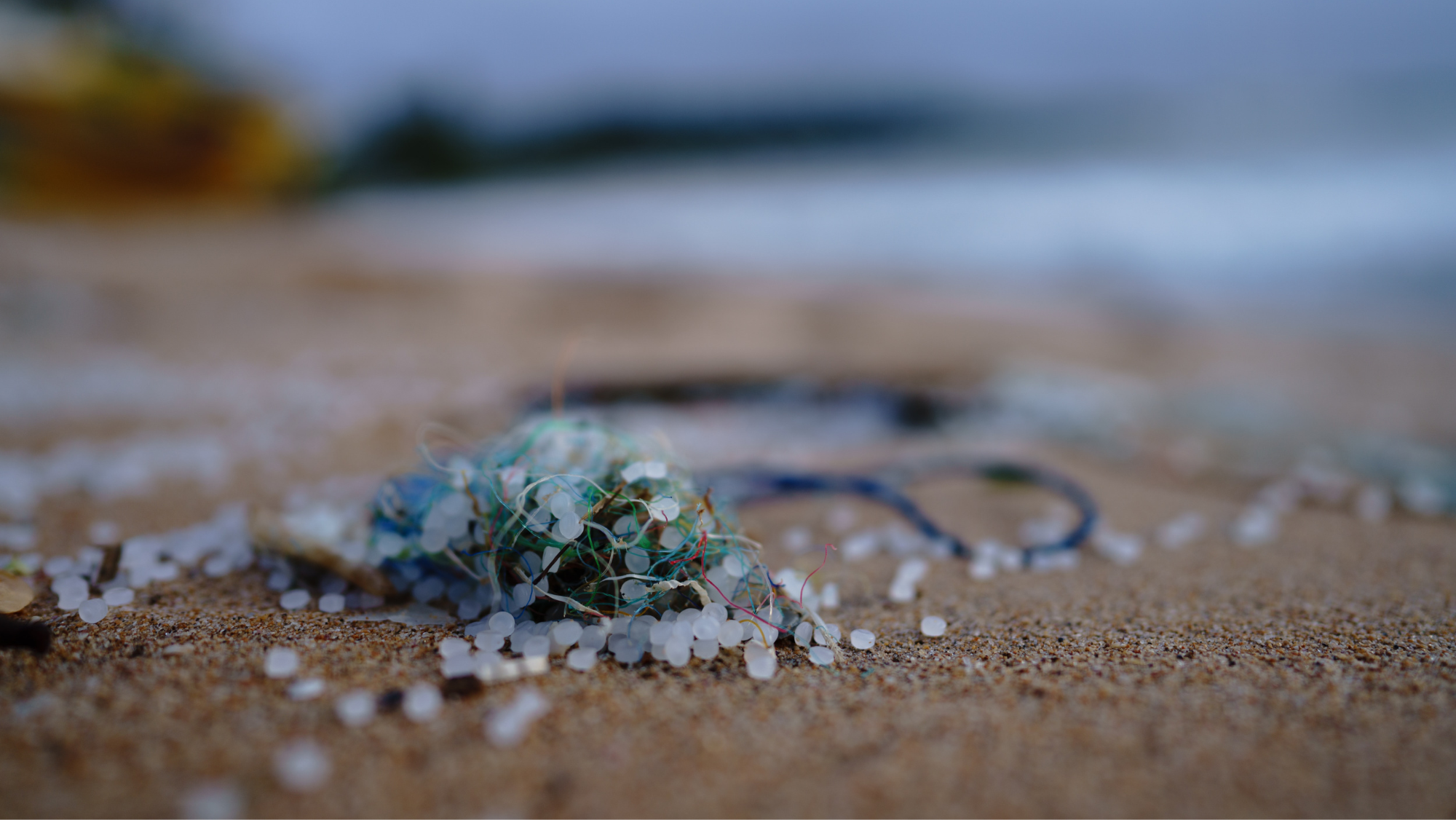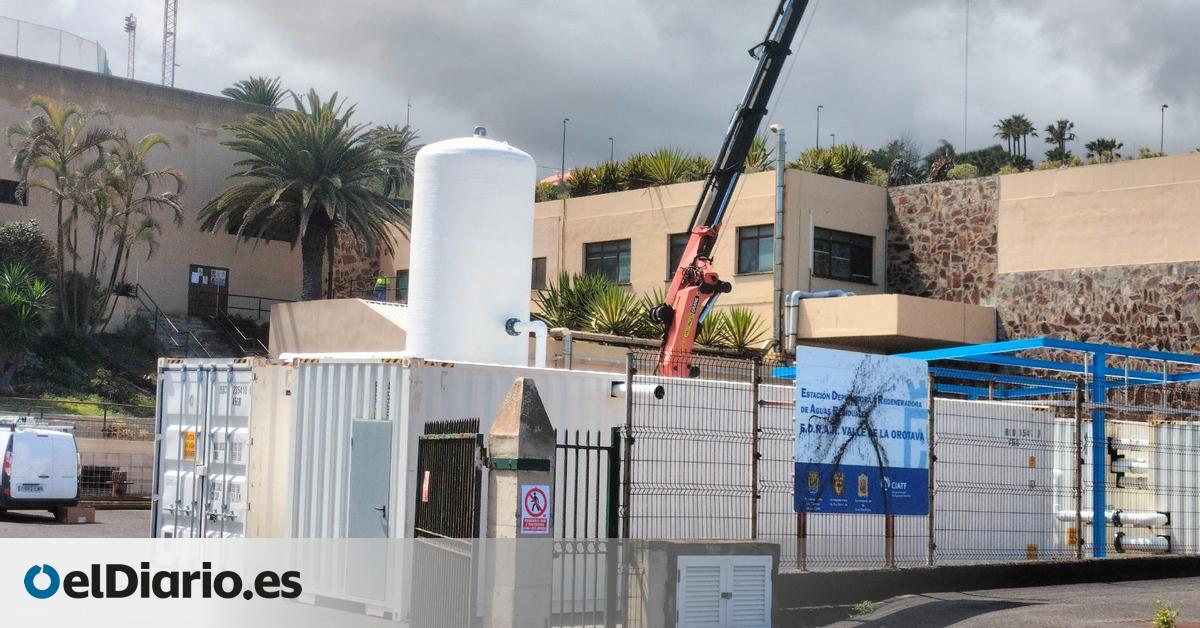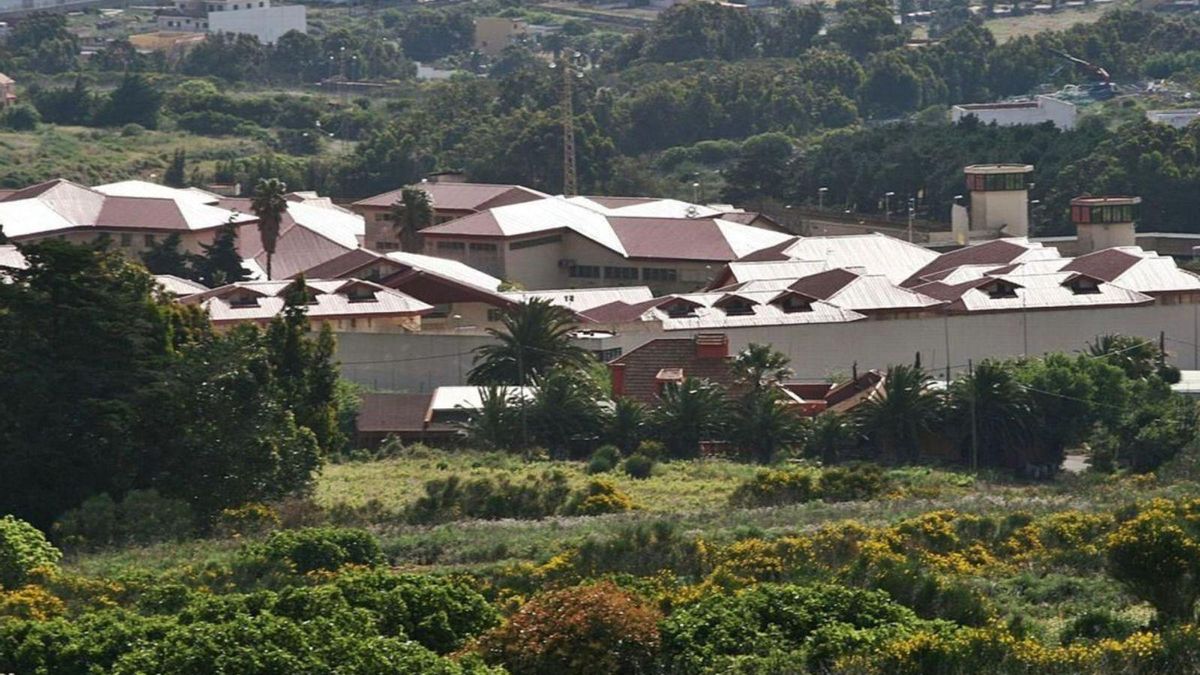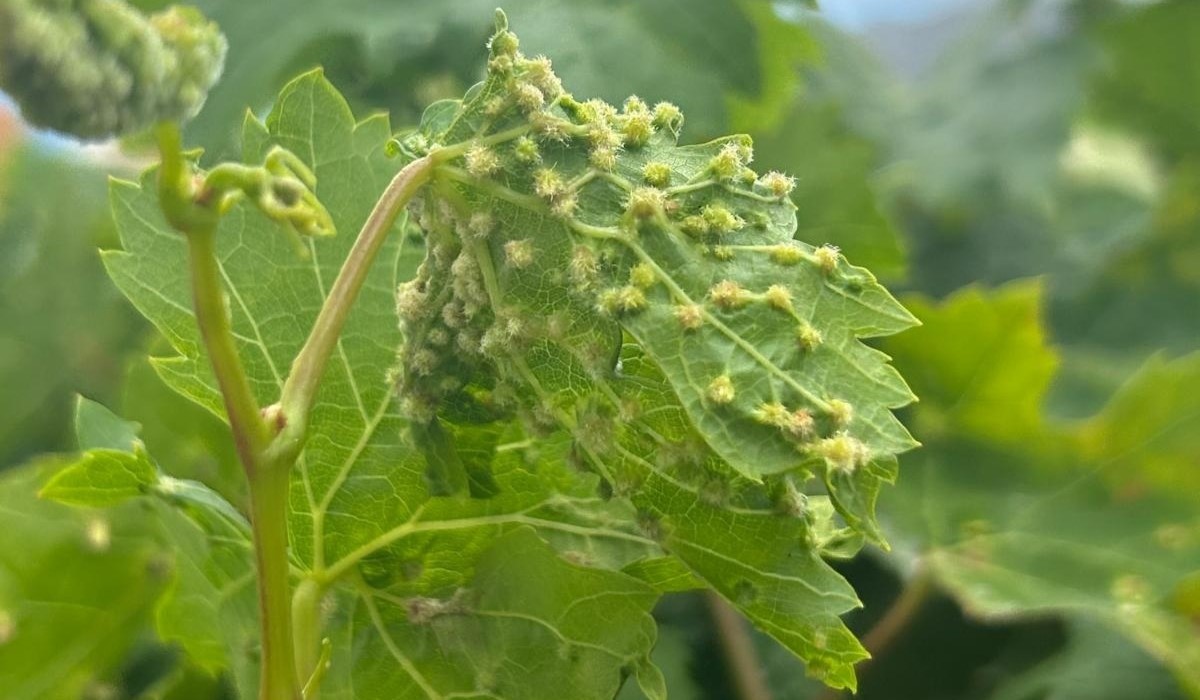University of La Laguna Launches Pioneering Microplastics Testing Laboratory

The University of La Laguna (ULL) has launched a specialised laboratory for the detection of microplastics in water, an initiative aimed at pre-empting the requirements of European regulations concerning environmental quality and public health.
The unit, called Polymer Analysis and Research (POLAR), is directed by Professor of Analytical Chemistry Javier Hernández Borges and is part of the university’s Chemistry Section. It has emerged from the efforts of the Applied Analytical Chemistry Research Group, which has extensive experience in studying these emerging pollutants.
Microplastics, solid particles of synthetic origin or modified materials ranging in size from one micrometre to five millimetres, have become one of the greatest environmental threats of the 21st century. Their persistence and ease of infiltration into the food chain have placed them at the forefront of concerns for the European Union.
European Directives
In fact, there are directives that require member states to assess their presence in drinking water sources by 2029, as well as to monitor wastewater and sludge intended for agriculture.
“With POLAR, we are ahead of the implementation of these regulations, providing a scientific-technical service capable of meeting the growing demand for reliable and rigorous analyses,” explains Hernández Borges.
The laboratory is equipped with cutting-edge technology, including micro-Infrared spectroscopy (µFTIR), pyrolysis-gas chromatography-mass spectrometry (Py-GC-MS), and stereomicroscopy. Additionally, it features an ISO-6 certified clean room and control protocols to prevent false positives during sample handling.
While its primary focus is on water analysis, POLAR also works with other materials such as soils, salts, and beverages.













